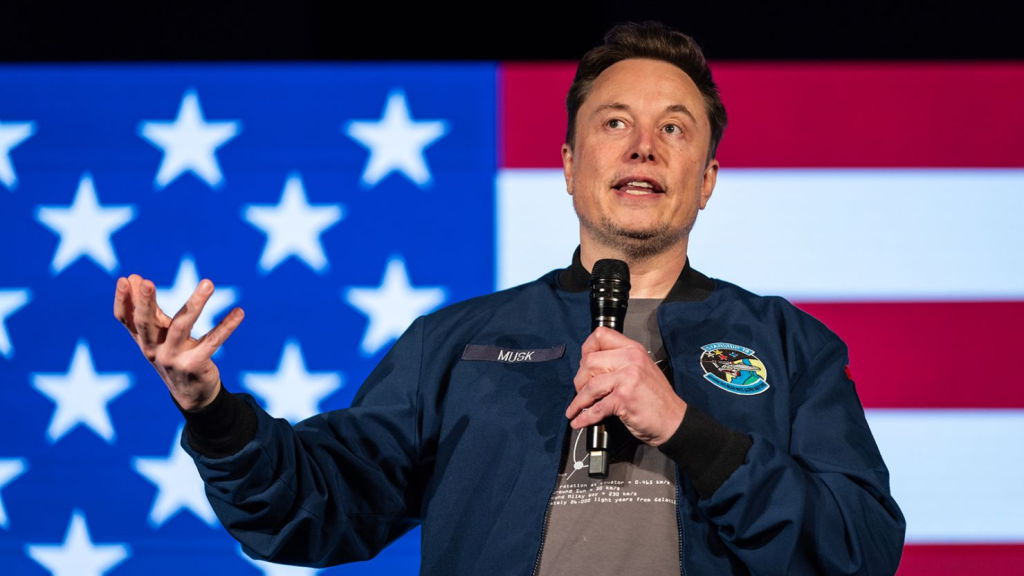
In what could become one of the largest regulatory fines ever imposed on a technology platform by the European Union, Elon Musk is expected to face a penalty exceeding $1 billion over alleged violations by X, the social media network he acquired for $44 billion in October 2022.The looming fine, reported by The New York Times and based on accounts from four individuals familiar with the matter, is part of a broader enforcement push under the European Union’s Digital Services Act (DSA). European regulators allege that X has failed to sufficiently control illicit content and disinformation on the platform, potentially breaching the landmark law meant to rein in tech giants’ power and safeguard users across the continent.This penalty, which could be announced by summer 2025, is not just a financial blow—it carries geopolitical weight. Sources indicate that EU officials are weighing the political consequences of antagonizing President Donald Trump, who is currently serving his second, non-consecutive term in office. The fine is therefore entangled in a broader web of EU-U.S. tensions involving trade policy, military aid to Ukraine, and transatlantic digital governance.
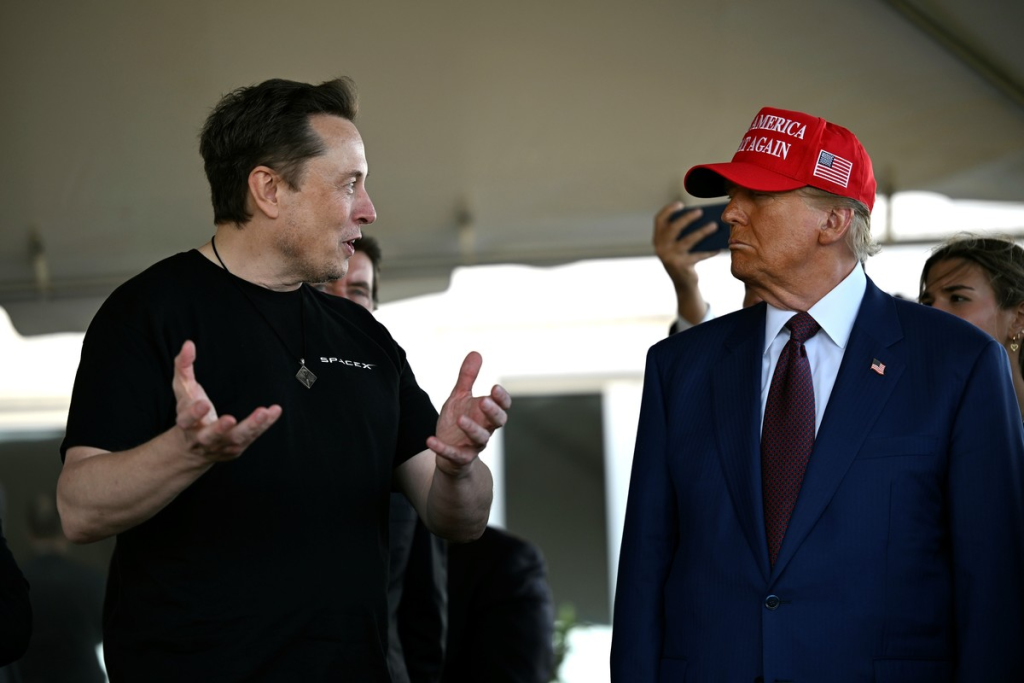
Musk’s 2022 takeover of Twitter, rebranded soon after as X, was hailed by some as a bold move toward building a next-generation “everything app.” Others viewed it as a hasty acquisition marred by internal chaos, advertiser flight, and a steep decline in brand value. Since then, Musk has slashed costs, shifted to a subscription-based model, and reintroduced controversial figures—including President Trump himself—under his banner of “absolute free speech.”Despite these efforts, X has struggled to regain its pre-acquisition user growth and advertising revenue. According to internal reports leaked late last year, the platform may be worth less than half its original $44 billion purchase price.This pending fine may now cement X’s financial woes and further diminish its standing in global tech circles.The Digital Services Act, enacted in 2023, is the EU’s most aggressive regulatory move yet to control the digital public square. The law holds platforms accountable for content posted by users, especially when it involves disinformation, hate speech, terrorism, child exploitation, or illegal commerce.For platforms designated as Very Large Online Platforms (VLOPs)—which include X, Meta, TikTok, and Google—the DSA requires: Swift removal of illegal content; Transparent algorithmic systems; Risk assessments on disinformation and societal harm; Cooperation with independent auditors and EU regulators.Violations can result in fines of up to 6% of global annual revenue. In X’s case, that could translate into billions of dollars, depending on which financial year is used in the assessment.
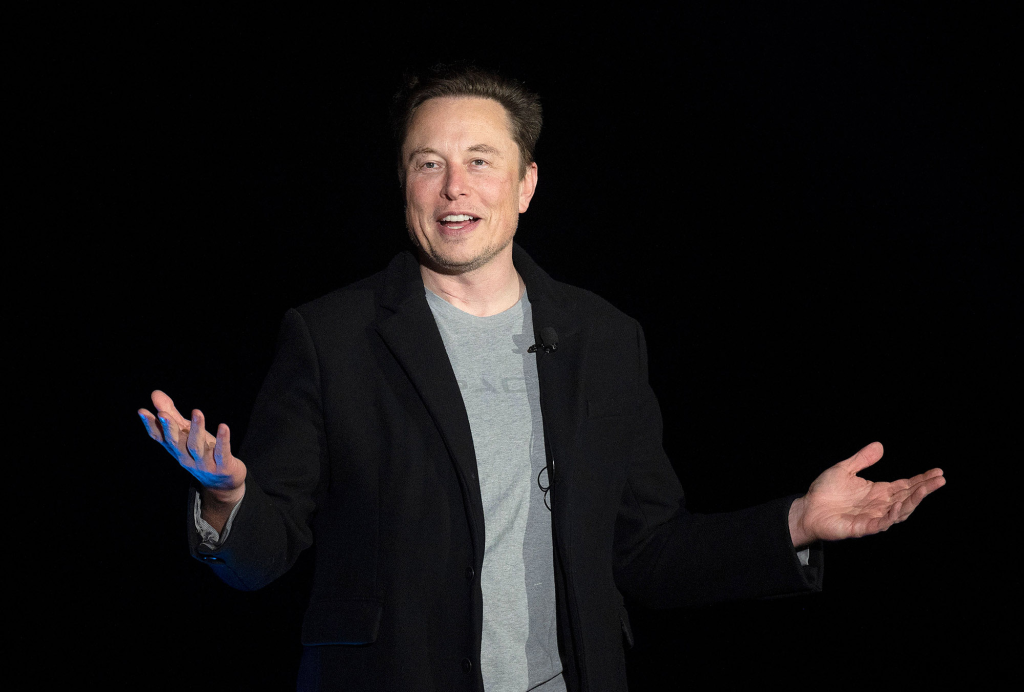
According to the EU Commission’s preliminary findings, X has not only failed to comply with the DSA’s content moderation requirements but also demonstrated a lack of transparency around automated recommendation systems and risk mitigation measures.The situation escalated when researchers and EU digital watchdogs reported a spike in hate speech, coordinated disinformation campaigns, and dangerous conspiracy theories circulating on X—particularly around topics like the war in Ukraine and recent European elections.Regulators argue that X’s content moderation policies were deliberately weakened after Musk’s takeover, making it a breeding ground for societal harm.Adding fuel to the fire is the political backdrop: Donald Trump is now in his second, non-consecutive term as President of the United States. As a vocal supporter of Musk and an active user of X, Trump’s re-election has shifted the diplomatic tone between Washington and Brussels.EU officials are reportedly debating how such a massive fine will be received by the Trump administration, which has already criticized European digital regulations as protectionist and overly punitive toward American tech firms.
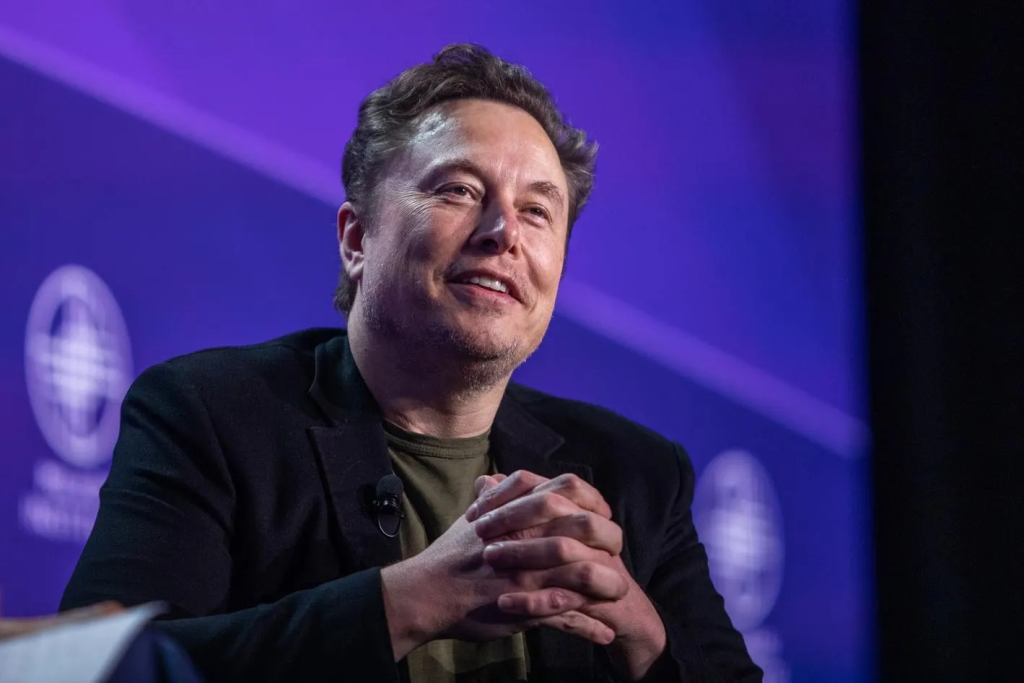
A source close to the matter described the internal tension: “This is not just about platform policy anymore. It’s about how far Europe can push before it becomes a geopolitical flashpoint. President Trump sees any action against X as an attack on his political ecosystem.”This sentiment complicates what might otherwise be a straightforward regulatory enforcement case. The EU must now weigh legal integrity against potential diplomatic fallout.In addition to the $1 billion+ fine, EU authorities are expected to issue binding demands for platform changes, which may include: Enhanced and independent content moderation systems; Algorithmic transparency tools accessible to regulators; Public-facing risk mitigation reports; Real-time cooperation with EU disinformation task forces.Failure to implement these changes could lead to more serious consequences, including restrictions on operating in the EU market or even temporary suspensions of key platform functionalities within member states.While Musk himself remains one of the wealthiest individuals in the world, his personal fortune is closely tied to the stock valuations of Tesla and SpaceX. X, on the other hand, has no public market support and has been sustained primarily by private capital and cost-cutting.
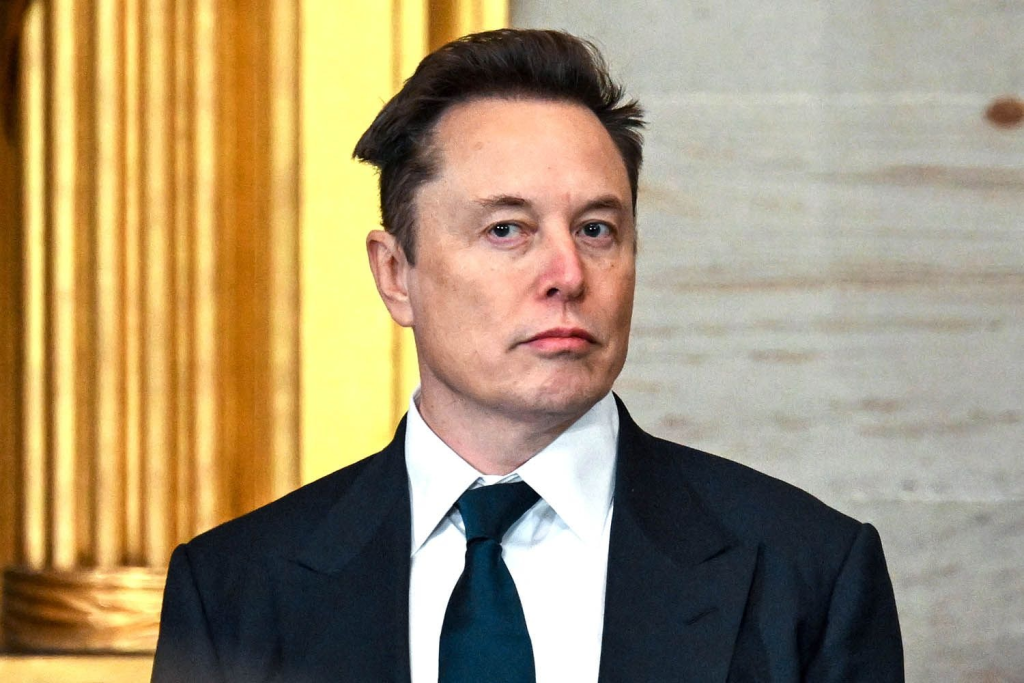
A billion-dollar fine—combined with product overhauls and potential user loss in Europe—would further depress the platform’s trajectory.Institutional investors are also watching closely. Several funds that backed Musk’s original buyout are rumored to be reconsidering their long-term stake in X amid rising regulatory risks.The EU’s hardline stance with X may embolden future enforcement across the board. TikTok is currently under a separate DSA probe, and Meta has faced mounting pressure over Instagram and Facebook’s algorithmic targeting of minors.By pursuing Musk—arguably one of the most powerful and unorthodox tech leaders in the world—the EU is making an unmistakable statement.Dr. Elena Schaefer, a professor of EU Digital Law at the University of Vienna, notes: “Europe is drawing a line in the sand. This is less about Elon Musk and more about the regulatory future of the internet. The DSA is the EU’s declaration that digital anarchy is no longer acceptable.”
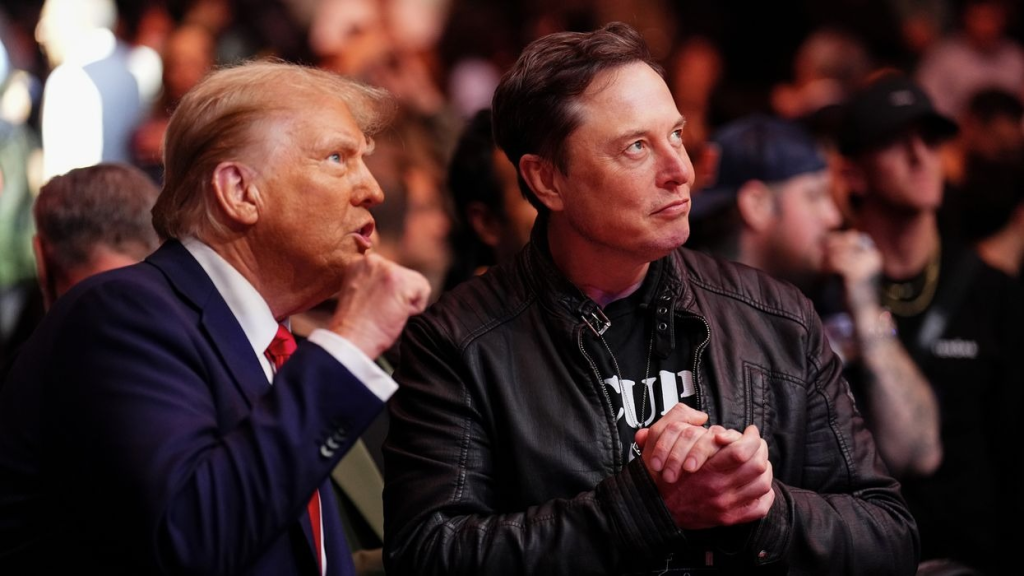
A formal decision from the European Commission is expected by summer 2025, with a potential appeal by X anticipated soon after. If contested, the case could wind its way through the European Court of Justice, a process that might take several years.However, even before a ruling is finalized, the reputational and operational consequences for X—and its owner—will be significant.As the platform fights to maintain global relevance, and as President Trump resumes a central role in U.S. and global politics, the fate of X is now as much about diplomacy as it is about digital compliance.Can Elon Musk’s vision of a deregulated, global digital town square survive this legal onslaught? Or will the EU’s regulatory firepower prove too heavy for even the most ambitious tech titan to deflect?The summer may bring more than heat—it may bring a reckoning.


